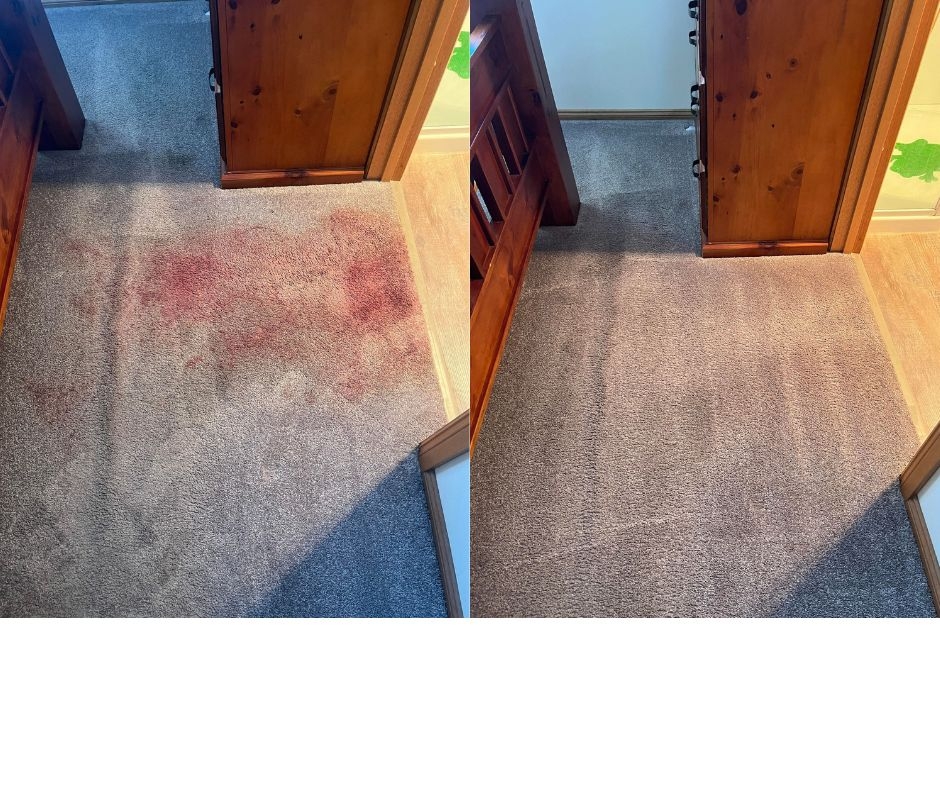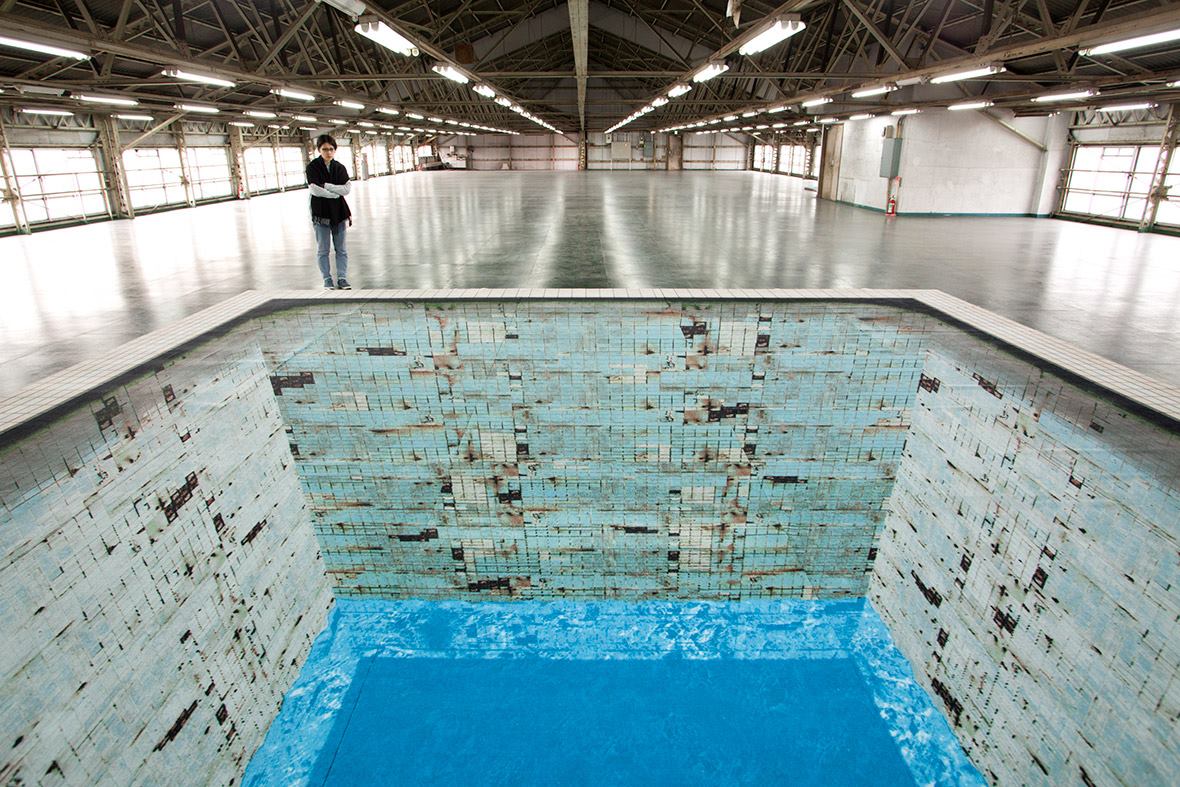

Flood and fire damage can have devastating effects on homes and communities, leaving behind destruction and loss. There are several causes that can lead to these disasters, both natural and human-made.
Flooding can occur due to heavy rainfall, overflowing rivers or streams, melting snow, or storm surges from hurricanes or typhoons. Poorly maintained drainage systems and inadequate infrastructure can also contribute to flooding in urban areas. When water levels rise rapidly, it can easily breach barriers and flood homes, businesses, and roads.
On the other hand, fires can be caused by a variety of factors such as lightning strikes, electrical faults, cooking mishaps, arson, or even wildfires spreading from nearby forests. Dry conditions and high temperatures increase the risk of fire outbreaks, especially in areas prone to droughts or heatwaves.
In both cases, the consequences of flood and fire damage are often devastating. Homes may be destroyed, possessions lost, livelihoods disrupted, and lives put at risk. The recovery process can be lengthy and costly, requiring extensive repairs and rebuilding efforts.
It is important for individuals and communities to take proactive measures to mitigate the risks of flood and fire damage. This includes investing in flood protection systems like levees or dams, implementing building codes to prevent fire hazards, practicing fire safety measures at home and work, and having emergency plans in place.
By understanding the causes of flood and fire damage and taking steps to prevent them, we can better protect ourselves and our communities from these destructive forces. It is crucial to stay informed about potential risks and be prepared for emergencies when they arise.
Assess the Damage: Before starting the cleanup process, assess the extent of the damage in your basement. Look for standing water, damaged belongings, and any potential hazards like electrical issues or structural damage. Make sure it is safe to enter the area before proceeding.
Remove Standing Water: The first step in cleaning up after a flood is to remove any standing water from your basement. Use a pump or wet vacuum to extract the water and dispose of it properly. Be cautious when working with electrical appliances near water.
Dry Out the Area: Once the standing water has been removed, focus on drying out the affected area. Use fans, dehumidifiers, and open windows to increase air circulation and speed up the drying process. This will help prevent mold growth and further damage.
Clean and Disinfect: After drying out the area, thoroughly clean and disinfect all surfaces in your basement. Use a mixture of hot water and bleach to kill any bacteria or mold that may be present. Pay special attention to walls, floors, and any items that came into contact with floodwater.
Inspect for Mold: Even after cleaning and disinfecting, it's important to inspect your basement for signs of mold growth. Look for discoloration, musty odors, or any visible mold on surfaces. If you find mold, consider hiring a professional remediation service to safely remove it.
Check Electrical Systems: Before turning on any electrical appliances or systems in your basement, have them inspected by a qualified electrician. Water damage can cause serious safety hazards with electrical wiring and equipment. It's important to ensure everything is safe before use.
Prevent Future Floods: To prevent future floods in your basement, take steps to improve drainage around your home, seal cracks in walls or floors, and consider installing a sump pump or backup generator. Regular maintenance can help minimize the risk of flooding in the future.

Choosing the right house cleaning service provider in Hobart can be a daunting task, but it doesn't have to be.. With so many options available, it's important to take the time to do your research and find a company that meets your needs and fits your budget. The first step in finding the right house cleaning service provider is to determine what services you require.
Posted by on 2024-11-11

Maintaining a clean and organized home in Hobart can seem like a daunting task, but with some simple tips and tricks, you can keep your living space looking neat and tidy. First and foremost, it's important to declutter regularly.. Take some time each week to go through your belongings and get rid of anything you no longer need or want.
Posted by on 2024-11-11

In today's fast-paced world, where time is a precious commodity, professional house cleaning services in Hobart play a vital role in helping individuals maintain a clean and organized living space.. The importance of these services cannot be overstated, as they not only save time and effort but also ensure that homes are kept in pristine condition. One of the key benefits of hiring professional house cleaners is the level of expertise they bring to the table.
Posted by on 2024-11-11

When it comes to maintaining a clean and tidy home, hiring a local house cleaning company in Hobart can offer numerous benefits that make life easier and more enjoyable. One of the key advantages of working with a local cleaning service is the convenience it provides.. Instead of spending your valuable time and energy scrubbing floors and dusting surfaces, you can leave the dirty work to professionals who will handle everything efficiently and effectively.
Posted by on 2024-11-11
Assess the damage First, it is important to assess the extent of the structural damage caused by flooding. Look for signs of water infiltration, such as warped or cracked walls, sagging ceilings, and dampness in the affected areas. Take note of any visible mold growth or mildew as well.
Remove standing water Once you have assessed the damage, start by removing any standing water from the flooded area. Use a wet/dry vacuum or pumps to extract the water and prevent further damage to the structure. Make sure to wear protective gear such as gloves and boots while working in flooded areas.
Dry out the space After removing standing water, it is crucial to dry out the space thoroughly to prevent mold growth and further structural damage. Use dehumidifiers, fans, and open windows to increase air circulation and speed up the drying process. Consider hiring professionals for large-scale drying efforts.
Inspect for mold and mildew Inspect all areas affected by flooding for signs of mold and mildew growth. These organisms can pose serious health risks if not properly addressed. If mold is present, consult with a professional remediation service to safely remove it from your home.
Repair damaged materials Once the affected areas are dry and free of mold, it's time to repair damaged materials such as drywall, insulation, flooring, and electrical systems. Replace any irreparably damaged materials and make necessary repairs to restore your home's structural integrity.
Seal cracks and gaps To prevent future flooding incidents and water infiltration, seal any cracks or gaps in your home's foundation, walls, windows, doors, and roof. This will help keep moisture out and protect your home from potential structural damage in the future.
Consult with professionals If you are unsure about how to repair structural damage from flooding or if the damage is extensive, consider consulting with professionals such as contractors or restoration specialists. They can provide expert guidance on repairing your home safely and effectively.

Yes, you can install smoke detectors, have a good insurance policy that covers water & fire damages, maintain your plumbing system regularly, keep flammable items away from heat sources etc., as they could help prevent or reduce potential flood or fire damage risks.